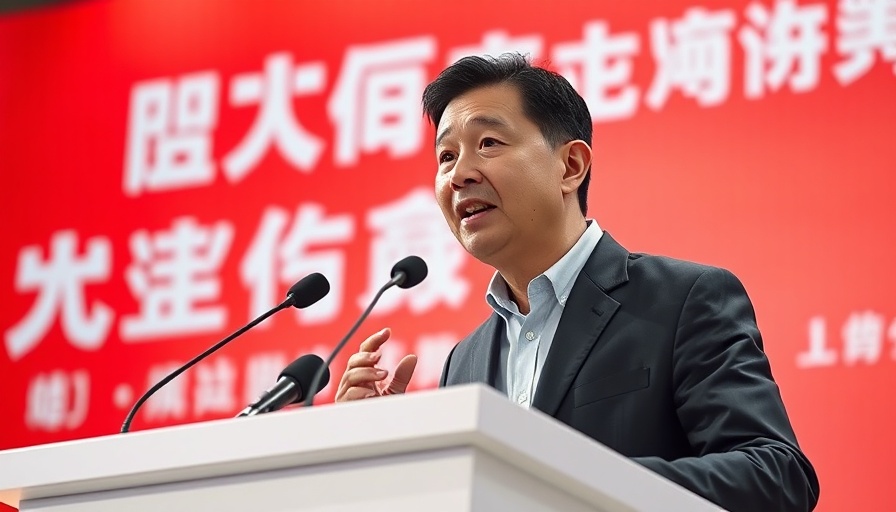
China Braces for Impact as Trump Tariffs Approach
As the specter of renewed trade tensions looms, China has taken a proactive stance, declaring its readiness for potential economic "shocks" in response to fresh tariff threats from former President Donald Trump. These tariffs, which could hit a range of Chinese imports, are anticipated as the former president gears up for a potential second term in the White House.
The Stakes for Global Trade
The international trade landscape is on edge, with China's announcement underscoring the significance of these tariffs not just for their economy, but for global trade dynamics. Given China's status as the world's second-largest economy, any disruption could ripple through supply chains worldwide, affecting everything from technology manufacturers in Silicon Valley to retailers across the U.S.
Historical Context of U.S.-China Trade Relations
This development is reminiscent of the previous trade battle initiated under Trump's first term, where tariffs were employed as a tool for negotiating better terms from Beijing. The fallout from those decisions led to increased costs for consumers and major alterations in trade patterns. In this context, China's readiness signals a strategic pivot, perhaps indicating that they have learned from the past disruptions, allowing them to mitigate the repercussions of fresh tariffs.
Implications for the Bay Area Economy
For businesses in the Bay Area, particularly in the technology and startup sectors, the implications are significant. Silicon Valley relies heavily on Chinese manufacturing and markets, and renewed tariffs could raise operational costs and impact venture capital funding. As local startups seek to innovate and expand, they must evaluate how these geopolitical developments may affect their growth strategies and access to markets.
Future Predictions: What Lies Ahead?
Experts predict that if Trump reinstates these tariffs, businesses in the Bay Area may face tougher hurdles in securing contracts and funding. The possibility of supply chain disruptions raises questions about how robust companies can remain in such an uncertain landscape. As firms work to adapt to the shifting regulatory environment, strategic adjustments in operations and supply chains will be paramount for sustained business growth.
Corporate Responses: Innovation and Resilience
In anticipation of potential tariffs, many companies in the Bay Area are adopting innovative approaches to bolster resilience. This includes exploring alternative supply chains, enhancing local manufacturing capabilities, and leveraging technology to streamline operations. By emphasizing sustainability in their business practices, these companies not only safeguard against potential economic shocks but also position themselves as leaders in corporate responsibility.
Consumer Behavior Trends in the Wake of Trade Tensions
As consumers begin to feel the pinch of rising prices due to tariffs, their purchasing behavior may also evolve. Businesses must be prepared to respond to shifts in consumer sentiment and behavior, considering factors such as changing preferences for domestic products over imports. Companies adept at navigating these changes will enhance their competitive edge in the Bay Area market.
Conclusion: Navigating Uncertain Waters
As the situation unfolds, businesses must remain vigilant and adaptable to navigate an increasingly complex trade environment. This developing narrative serves as a crucial reminder of the intertwined nature of global economies and the importance of strategic planning amidst uncertainty. To succeed, Bay Area businesses must not only prepare for potential shocks but also embrace innovative solutions that sustain their growth and evolution.
 Add Row
Add Row  Add
Add 



Write A Comment